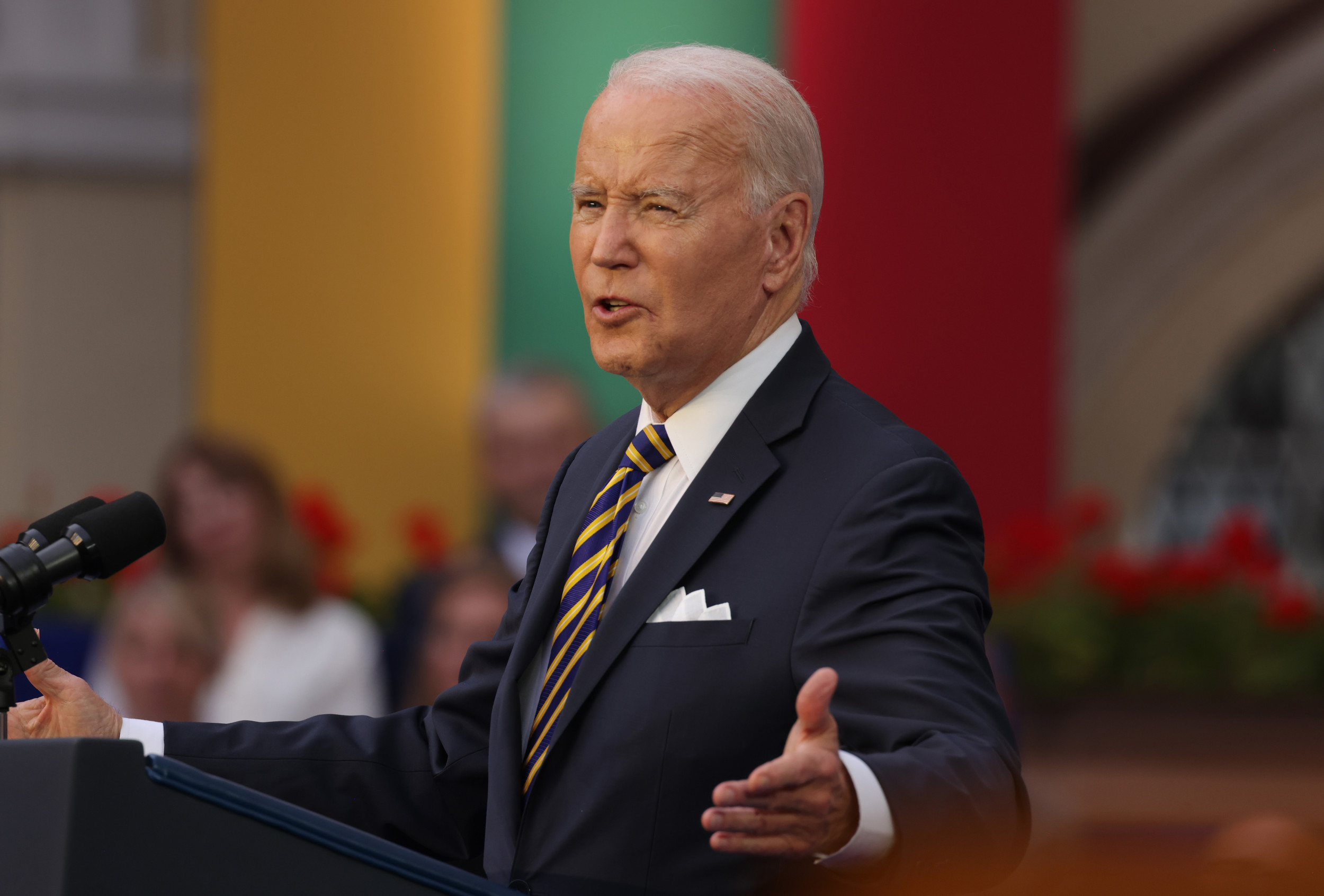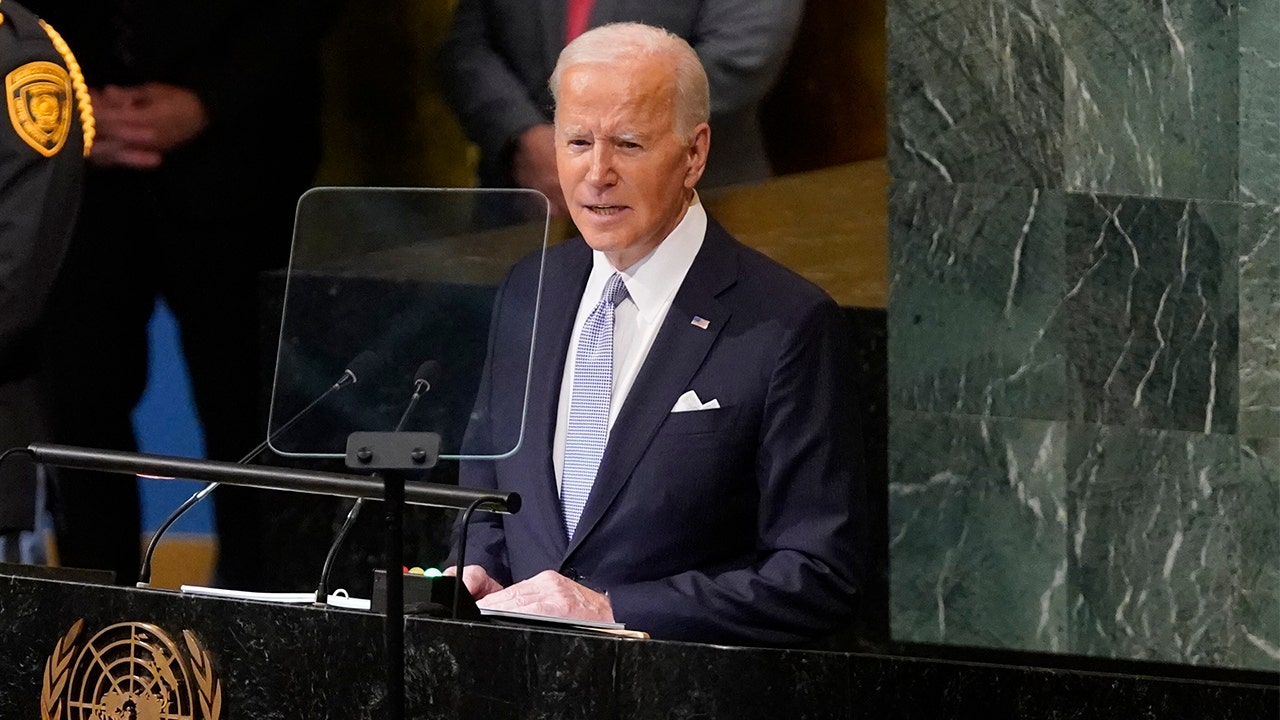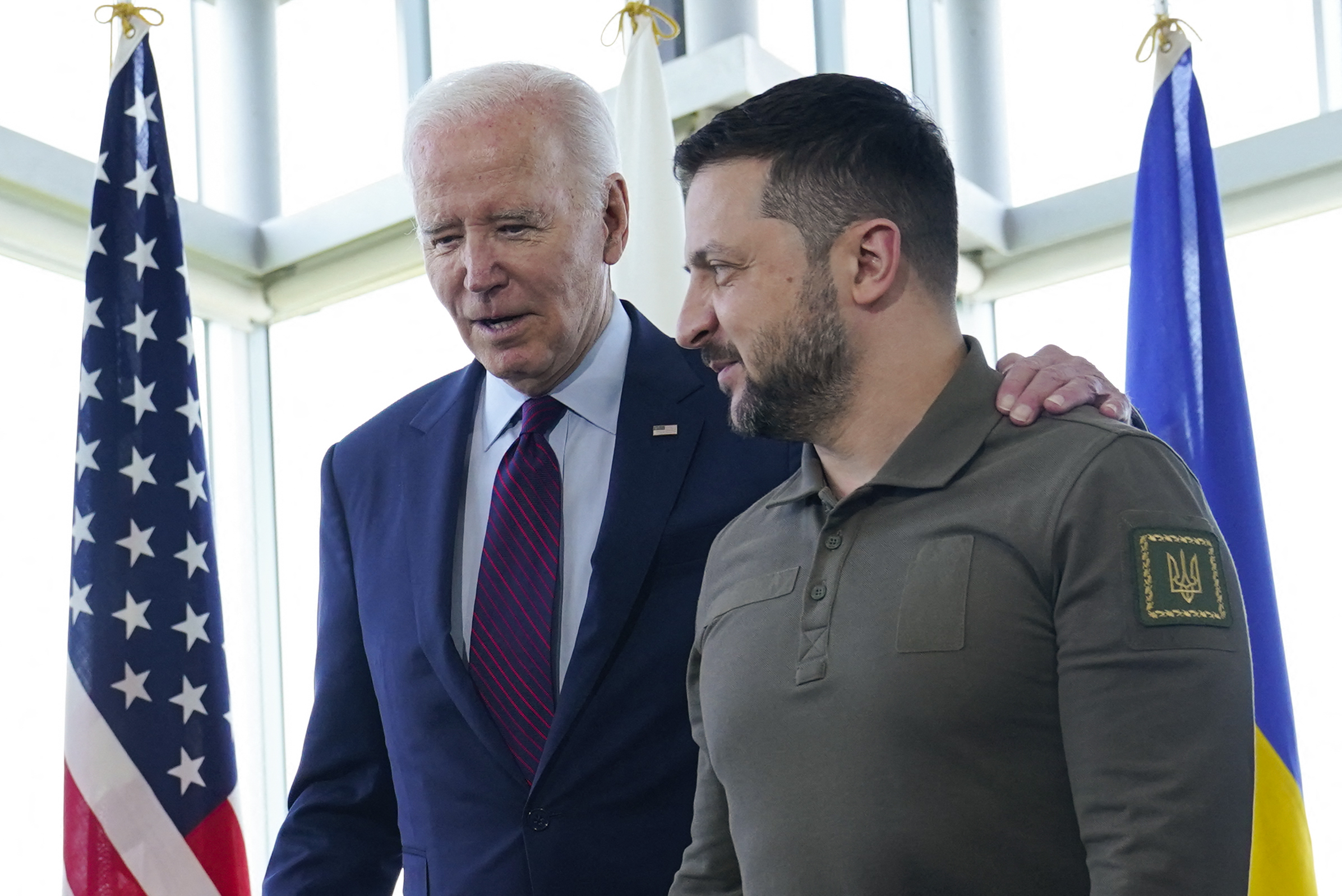Biden’s Address to NATO: Biden Nato Speech

Biden nato speech – In a pivotal speech delivered to the North Atlantic Treaty Organization (NATO) on March 24, 2023, President Joe Biden Artikeld his administration’s vision for the future of the transatlantic alliance and its role in addressing global challenges.
Biden’s address was significant for several reasons. First, it marked the first time a U.S. president had addressed NATO since the Russian invasion of Ukraine, which has fundamentally altered the security landscape in Europe. Second, it came at a time when NATO is facing a number of internal challenges, including the rise of populism and nationalism in some member states.
Biden’s speech at the NATO summit was a resounding call for unity and collective action against the threats facing the world today. For more on the latest news surrounding Biden, visit joe biden news. His words echoed the importance of transatlantic cooperation and the need for all members to stand together in the face of adversity.
The speech was a clear signal that the United States remains committed to its allies and to the principles of democracy and freedom.
Biden’s Key Messages
In his speech, Biden emphasized the importance of unity and solidarity within NATO, calling on member states to recommit to the alliance’s core values and principles. He also Artikeld a number of specific policy initiatives, including:
- Increasing the U.S. military presence in Europe
- Establishing a new NATO rapid response force
- Strengthening NATO’s cyber defenses
- Increasing cooperation with NATO partners in the Indo-Pacific region
Implications for Transatlantic Relations
Biden’s speech has a number of implications for transatlantic relations. First, it signals a renewed commitment from the United States to NATO and its role in European security. This is a significant development, given the Trump administration’s often-critical stance towards the alliance.
In his NATO speech, Biden emphasized the importance of unity and collective defense. While addressing the ongoing conflict in Ukraine, he also touched upon the need for diplomacy and de-escalation. For a more in-depth analysis of Biden’s remarks, refer to the Biden ABC interview.
The interview provides further insights into Biden’s perspective on the Ukraine crisis and the role of NATO in maintaining regional stability.
Second, Biden’s speech Artikels a number of specific policy initiatives that will likely have a significant impact on transatlantic relations. For example, the establishment of a new NATO rapid response force will likely lead to increased cooperation between the United States and its European allies.
Third, Biden’s speech comes at a time when NATO is facing a number of internal challenges. The rise of populism and nationalism in some member states has led to questions about the future of the alliance. Biden’s speech is an attempt to address these concerns and to reassure NATO members of the United States’ commitment to the alliance.
NATO’s Response to Biden’s Speech

NATO members have broadly welcomed President Biden’s speech, recognizing the importance of strengthening the transatlantic alliance and addressing the challenges posed by Russia and China.
Official Statements
NATO Secretary-General Jens Stoltenberg stated that Biden’s speech “provided a clear vision for the future of NATO” and emphasized the need for “unity and solidarity” among members. NATO foreign ministers also issued a joint statement endorsing Biden’s call for increased defense spending and a focus on emerging technologies.
Embracing Biden’s Proposals
Several NATO members have already taken steps to embrace Biden’s proposals. Germany, for instance, has announced plans to increase its defense budget and contribute to NATO’s new Innovation Fund. France has also pledged to support Biden’s agenda, particularly in the areas of cybersecurity and space.
Divisions and Disagreements, Biden nato speech
Despite the overall positive response, there have been some divisions and disagreements among NATO members. Some Eastern European countries, such as Poland and the Baltic states, have expressed concerns about the pace of NATO’s response to Russia’s aggression. Additionally, there are lingering tensions between Turkey and some Western members over issues such as the purchase of Russian S-400 missiles.
Global Reactions to Biden’s NATO Speech

Biden’s speech at the NATO summit has been met with mixed reactions from key global actors. Some have praised his commitment to the alliance and his call for unity, while others have expressed concerns about the implications of his speech for the future of NATO and international security.
Reactions from Key Global Actors
The leaders of the NATO member states have generally welcomed Biden’s speech. They have praised his commitment to the alliance and his call for unity. They have also welcomed his pledge to increase US military spending and to provide more support to Ukraine.
However, some key global actors have expressed concerns about the implications of Biden’s speech. Russia has accused Biden of trying to create a new Cold War and has warned that it will respond to any threats to its security. China has also expressed concerns about Biden’s speech, saying that it could lead to a new arms race.
Implications for the Future of NATO
Biden’s speech has significant implications for the future of NATO. His commitment to the alliance and his call for unity could help to strengthen the alliance and make it more effective in应对ing future challenges. However, his speech could also lead to a new arms race and increase tensions between NATO and Russia and China.
Impact on International Security and Stability
Biden’s speech could have a significant impact on international security and stability. His commitment to NATO could help to deter aggression from Russia and China. However, his speech could also lead to a new arms race and increase tensions between NATO and Russia and China. This could make it more difficult to resolve conflicts and could increase the risk of war.